Is Protein Powder Good for Seniors? Health Benefits After 60
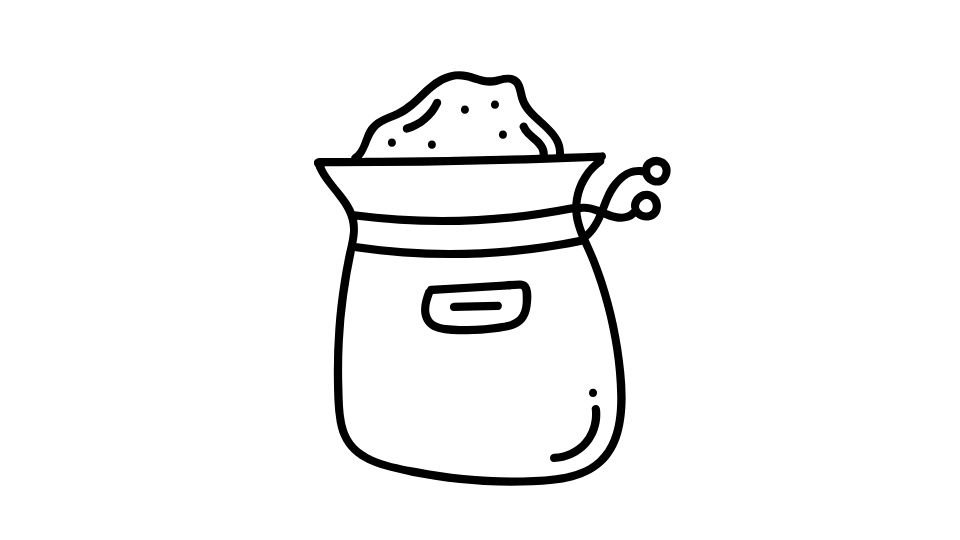
Aging gracefully doesn’t happen by accident. It takes work. And protein might be your secret weapon.
As we get older, our bodies start playing tricks on us. Muscles shrink. Bones weaken. And suddenly getting up from that comfy chair takes more effort than it used to.
Enter protein powder – not just for gym bros anymore.
I dug into the research and talked with experts to find out if grandma and grandpa should be scooping protein powder into their morning coffee. Spoiler alert: they probably should.
Let’s break down why protein becomes more important as we age, how much we need, and whether those tubs of powder are worth the investment for the 65+ crowd.
Why Seniors Need More Protein (Not Less)
Did you know that as we age, our bodies become less efficient at using protein?
It’s called anabolic resistance – basically, your muscles become stubborn and need more protein to maintain themselves. This happens right when you’re naturally losing muscle mass anyway (that’s sarcopenia if you want to sound smart at dinner parties).
The research shows seniors should aim for 1.2 to 1.6 grams of protein per kilogram of body weight daily – that’s significantly higher than the standard 0.8g/kg recommendation for younger adults.
For a 150-pound senior, that’s about 82-109 grams of protein daily. Try getting that from chicken and eggs alone when your appetite is shrinking!
Many older adults struggle to eat enough protein because of:
- Decreased appetite (food just isn’t as appealing)
- Dental problems (steak is tough to chew with dentures)
- Swallowing difficulties
- Limited food budgets
- Lack of cooking energy or skills
This is where protein powder steps in as the convenient hero.
Benefits Beyond Just Building Muscle
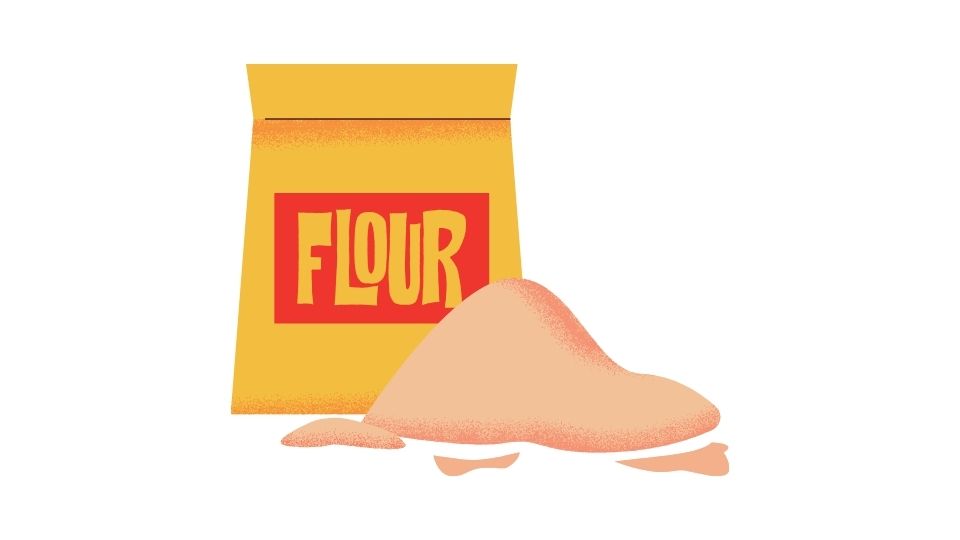
Let’s get one thing straight – protein powder isn’t just about bulking up. For seniors, it’s about:
1. Maintaining Independence
Stronger muscles = better balance = fewer falls. Simple math.
When researchers followed seniors over time, those with higher protein intake were significantly less likely to lose functional abilities like walking or dressing independently.
Think about it: the ability to get up from a chair or climb stairs without help? That’s freedom, baby.
2. Supporting Bone Health
Your skeleton isn’t just hanging out there on its own – it needs protein too!
Higher protein intake has been linked to increased bone mineral density and reduced fracture risk. Protein helps calcium absorption and reduces bone breakdown, which is why many studies show better bone outcomes with adequate protein.
3. Recovering From Setbacks
Hospital stay? Surgery? Illness?
These events can cause rapid muscle loss in seniors – we’re talking pounds of muscle vanishing in days. Protein supplementation helps speed recovery and rebuild lost tissue.
4. Overcoming Anabolic Resistance
Remember that stubborn muscle thing I mentioned? Protein powders deliver a concentrated dose that can help overcome this age-related resistance.
Scientists found that seniors need about 25-30 grams of protein per meal to effectively stimulate muscle building. That’s hard to get from food alone when appetite is limited.
Choosing the Right Protein Powder: A No-BS Guide
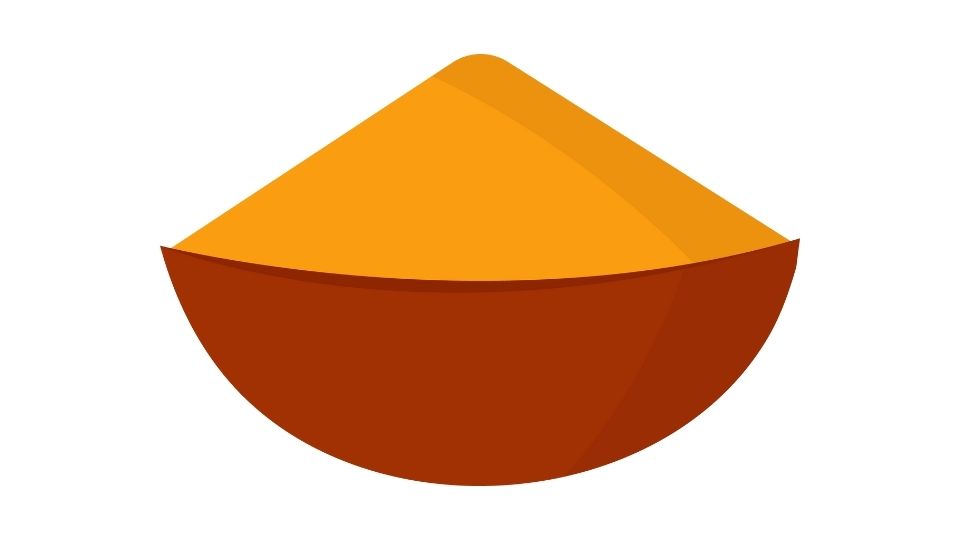
Not all protein powders are created equal. Here’s what seniors should look for:
Whey Protein
The gold standard for muscle building. It’s a complete protein with all essential amino acids and digests quickly. Great after exercise or when you need a quick protein hit.
Casein Protein
The slow-release option. It provides a steady drip of amino acids, making it perfect before bed to prevent muscle breakdown overnight.
Plant-Based Options
For vegans or those with dairy sensitivities:
- Pea protein: Nearly complete amino acid profile
- Soy protein: Complete protein with heart health benefits
- Rice protein: Gentle on digestion but needs complementary proteins
Collagen
Not technically a complete protein, but supports joint health, skin elasticity, and bone strength – all crucial for seniors. Best paired with other protein sources.
Real Talk: Potential Downsides
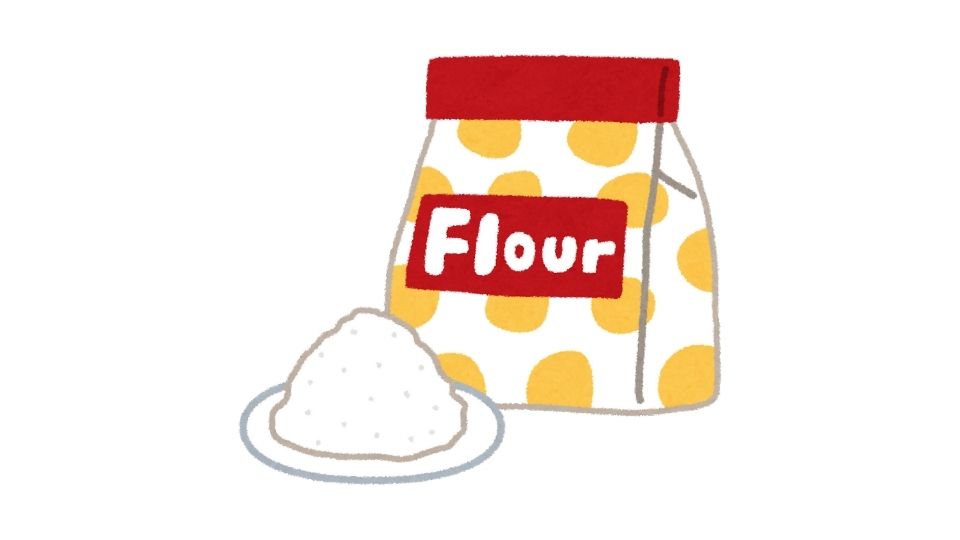
I’m not here to just sell you on protein powder. Let’s talk about the potential issues:
- Digestive discomfort: Some seniors may experience bloating or gas, especially with dairy-based proteins
- Hidden ingredients: Many commercial powders contain artificial sweeteners, fillers, or excessive sugar
- Cost factor: Quality protein isn’t always cheap ($0.75-$1.50 per serving)
- Medical considerations: Those with kidney disease need to be cautious about protein intake
Always check with your doctor before starting supplements, especially if you have chronic conditions.
Making Protein Powder Work In Real Life
Let’s get practical. How do you actually incorporate this stuff?
- Mix it into morning oatmeal (the warm oats help it dissolve better)
- Blend into fruit smoothies with bananas to mask any chalky taste
- Stir into yogurt for a protein-packed snack
- Add to soup broths for savory options
- Make protein “pudding” by mixing with less liquid
The key is spreading protein intake throughout the day rather than loading up at one meal. Aim for 25-30g at breakfast, lunch, and dinner for optimal muscle support.
Combining protein consumption with even light resistance exercise multiplies the benefits dramatically. We’re talking about simple activities like chair squats or wall pushups – nothing crazy.
The Bottom Line: Is It Worth It?
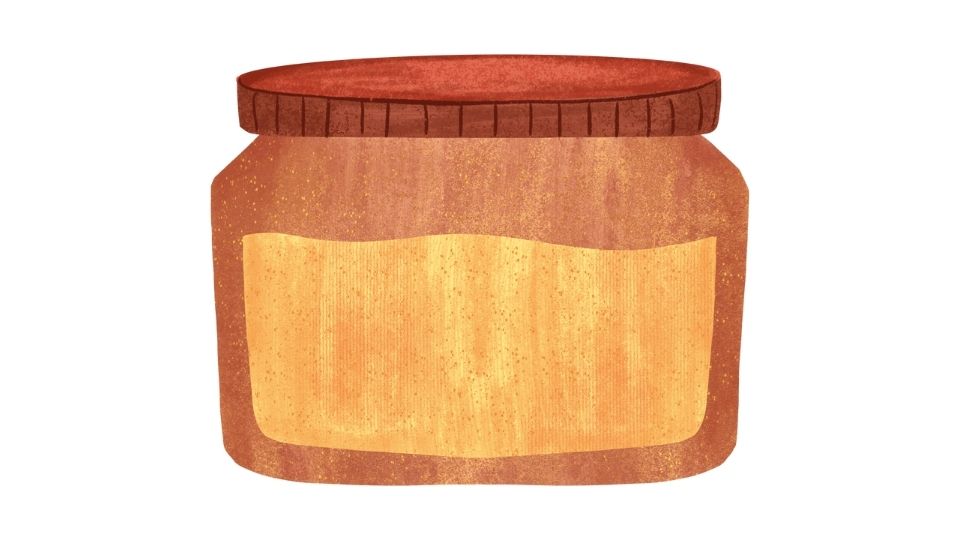
In my opinion, protein powder is one of the most practical nutritional tools for healthy aging.
When you compare the cost-benefit ratio of protein supplementation against potential loss of independence, increased fall risk, and diminished quality of life from sarcopenia, it’s a no-brainer.
Just remember:
- Choose quality products without unnecessary additives
- Start with small amounts to assess tolerance
- Use it to supplement real food, not replace it
- Combine with appropriate physical activity
- Consult healthcare providers for personalized recommendations
Aging is inevitable, but becoming frail and dependent isn’t. Protein powder won’t make you immortal, but it might help you enjoy those extra years with more strength, mobility, and independence.
And isn’t that the whole point?

